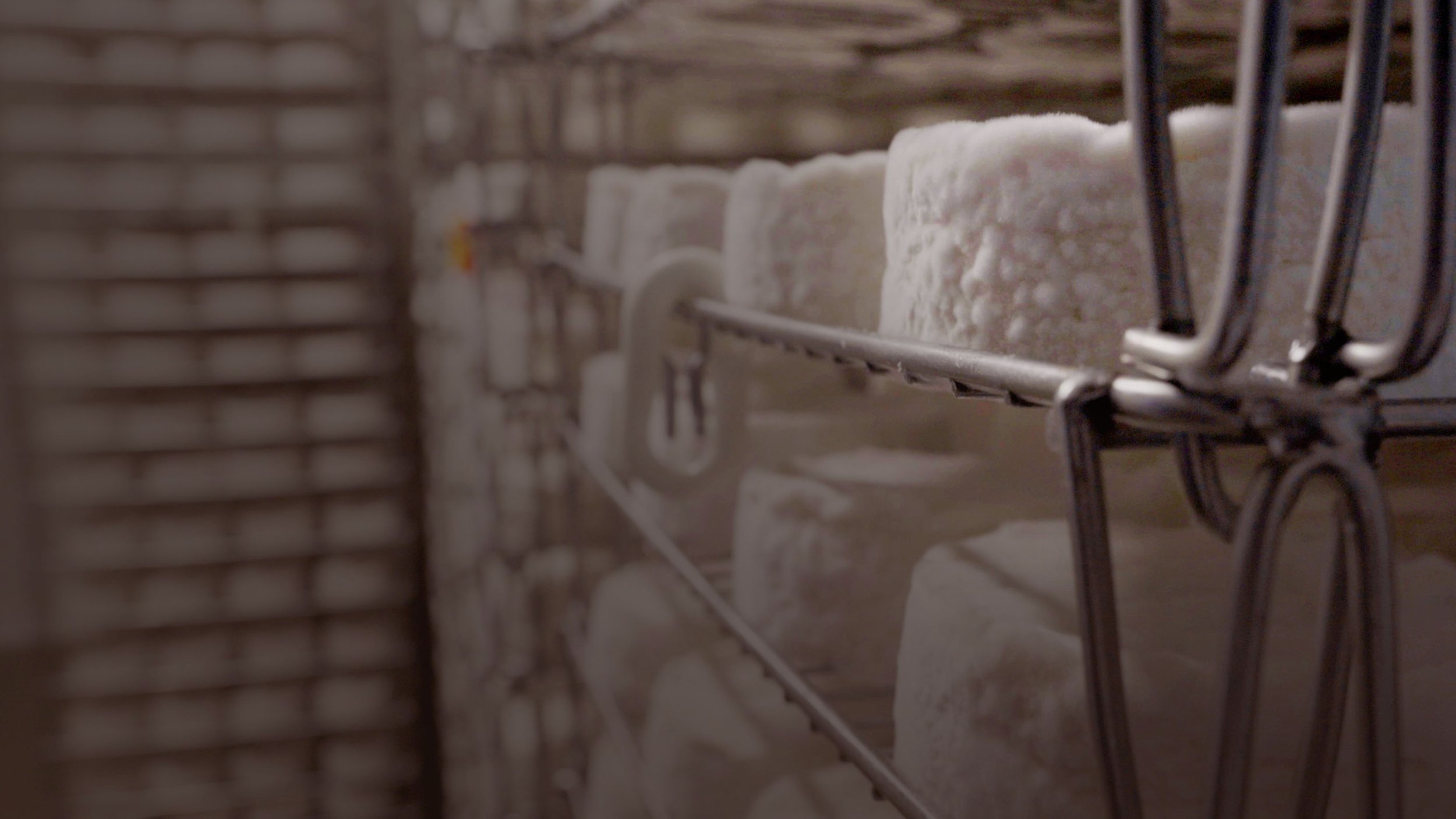

Affectionately known as claquos or calendos, Camembert is one of France's favorite cheeses. Almost 500 million Camemberts are sold in France every year. While this historic monument to French gastronomy retains its artisanal image, the reality is very different. From AOP to made-in-Normandy to 100% Norman milk, confusion reigns from market stalls to supermarket shelves. The "real" Camembert de Normandie, with its PDO label, accounts for less than 5% of sales. Investigate one of the jewels in the crown of French cheeseboards.
No Trailers found.
No Cast found.